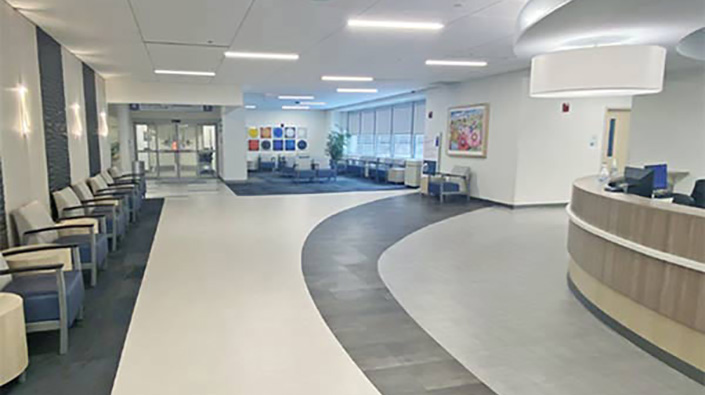Welcome to the Inova Saville Center
We know there are three main factors that contribute to increasing cancer risk: your genetic risk – or risk that is passed down through the family, your environmental exposures, and your lifestyle choices. While we often have no control over the first two factors, our choices surrounding lifestyle, including how active we are, whether we use alcohol and tobacco products, and what we eat, can play a significant role in our risk of developing cancer. No matter your risk level, we are here to help develop a customized plan to help decrease your chances of developing cancer.



